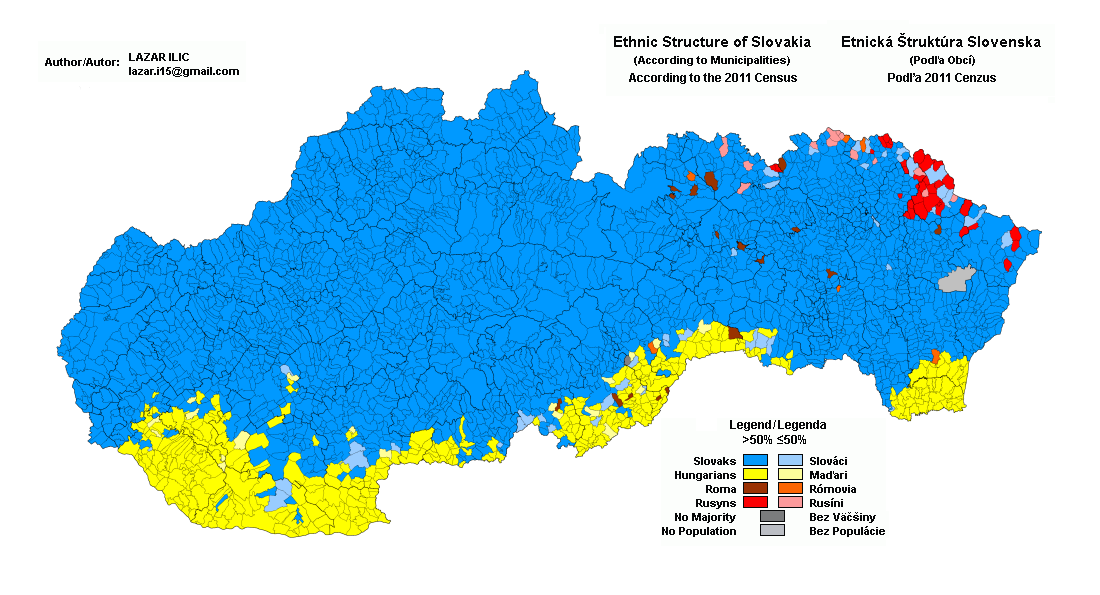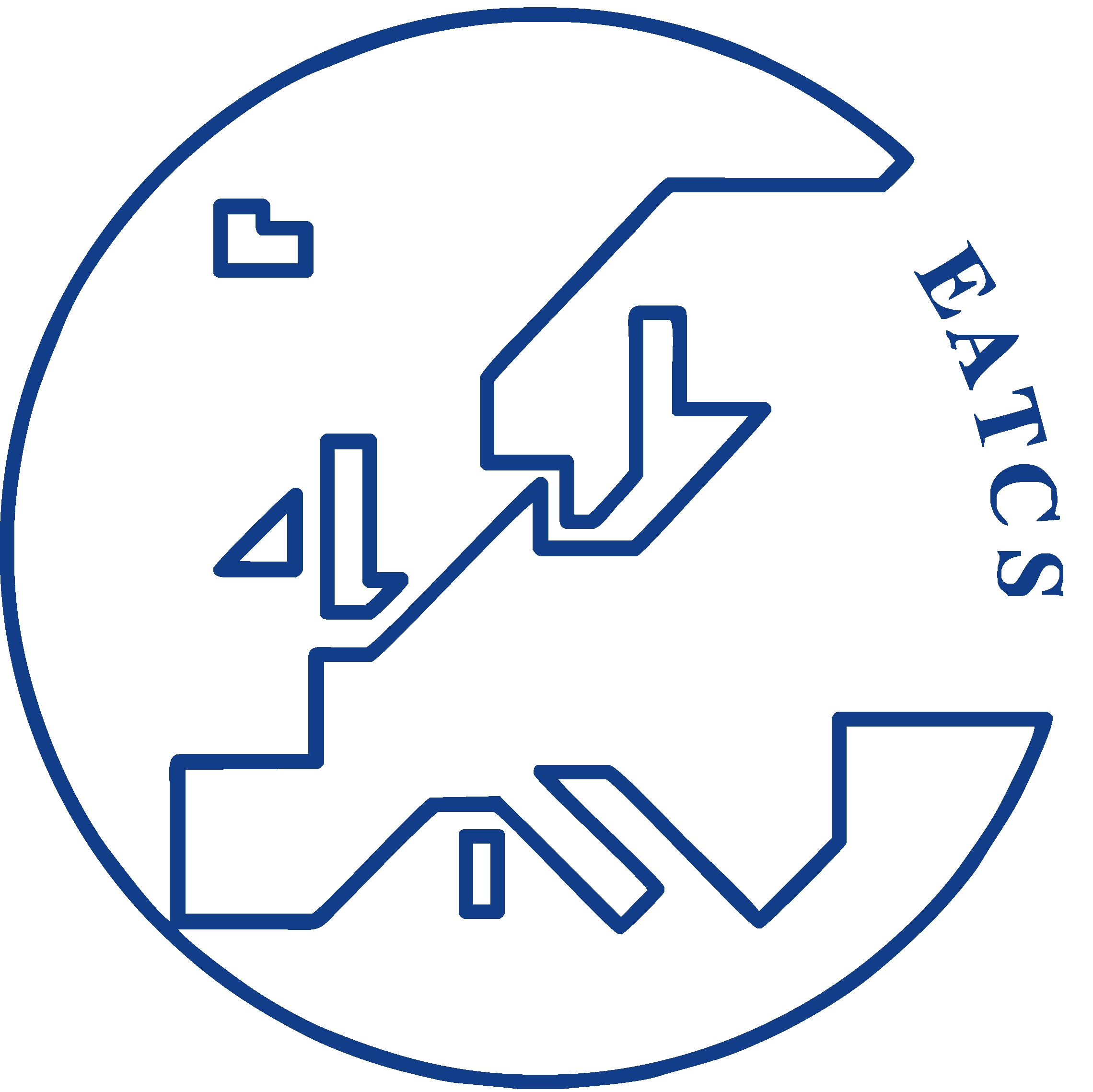|
Róbert Szelepcsényi
Róbert Szelepcsényi (; born 19 August 1966, Žilina) is a Slovak computer scientist of Hungarian descent and a member of the Faculty of Mathematics, Physics and Informatics of Comenius University in Bratislava. His results on the closure of non-deterministic space under complement, independently obtained in 1987 also by Neil Immerman (the result known as the Immerman–Szelepcsényi theorem), brought the Gödel Prize of ACM ACM or A.C.M. may refer to: Aviation * AGM-129 ACM, 1990–2012 USAF cruise missile * Air chief marshal * Air combat manoeuvring or dogfighting * Air cycle machine * Arica Airport (Colombia) (IATA: ACM), in Arica, Amazonas, Colombia Computing * ... and EATCS to both of them in 1995. Scientific articles * Róbert Szelepcsényi: The Method of Forced Enumeration for Nondeterministic Automata. '' Acta Informatica'' 26(3): 279-284 (1988) References Slovak computer scientists Hungarian computer scientists 20th-century Hungarian mathematicians ... [...More Info...] [...Related Items...] OR: [Wikipedia] [Google] [Baidu] |
Žilina
Žilina (; hu, Zsolna, ; german: Sillein, or ; pl, Żylina , names in other languages) is a city in north-western Slovakia, around from the capital Bratislava, close to both the Czech and Polish borders. It is the fourth largest city of Slovakia with a population of approximately 80,000, an important industrial center, the largest city on the Váh river, and the seat of a ''kraj'' (Žilina Region) and of an '' okres'' (Žilina District). It belongs to the Upper Váh region of tourism. Etymology The name is derived from Slavic/Slovak word ''žila'' - a "(river) vein". Žilina means "a place with many watercourses". Alternatively, it is a secondary name derived from Žilinka river or from the name of the local people, Žilín/Žiliňane. History The area around today's Žilina was inhabited in the late Stone Age (about 20,000 BC). In the 5th century, Slavs started to move into the area. However, the first written reference to Žilina was in 1208 as ''terra de Selinan''. F ... [...More Info...] [...Related Items...] OR: [Wikipedia] [Google] [Baidu] |
Acta Informatica
''Acta Informatica'' is a Peer review, peer-reviewed scientific journal publishing original research papers in computer science. The journal is known mostly for publications in theoretical computer science. One of the two 1988 papers awarded the Gödel Prize in 1995 has appeared in this journal. The editor-in-chief is Christel Baier (Technische Universität Dresden). According to the ''Journal Citation Reports'', the journal had a 2020 impact factor of 0.375. References External links * Publications established in 1971 Springer Science+Business Media academic journals Computer science journals English-language journals Formal methods publications 8 times per year journals {{compu-journal-stub ... [...More Info...] [...Related Items...] OR: [Wikipedia] [Google] [Baidu] |
Slovak People Of Hungarian Descent
Slovak may refer to: * Something from, related to, or belonging to Slovakia (''Slovenská republika'') * Slovaks, a Western Slavic ethnic group * Slovak language, an Indo-European language that belongs to the West Slavic languages * Slovak, Arkansas, United States See also * Slovák, a surname * Slovák, the official newspaper of the Slovak People's Party Hlinka's Slovak People's Party ( sk, Hlinkova slovenská ľudová strana), also known as the Slovak People's Party (, SĽS) or the Hlinka Party, was a far-right clerico-fascist political party with a strong Catholic fundamentalist and authorit ... * {{disambiguation, geo Language and nationality disambiguation pages ... [...More Info...] [...Related Items...] OR: [Wikipedia] [Google] [Baidu] |
Hungarians In Slovakia
Hungarians are the largest ethnic minority in Slovakia. According to th2021 Slovak census 422,065 people (or 7.75% of the population) declared themselves Hungarians, while 462,175 (8.48% of the population) stated that Hungarian was their mother tongue. Hungarians in Slovakia are concentrated mostly in the southern part of the country, near the border with Hungary. They form the majority in two districts, Komárno and Dunajská Streda. History The First Czechoslovak Republic (1918–1938) Origins of the Hungarian minority After the defeat of the Central Powers on the Western Front in 1918, the Treaty of Trianon was signed between the winning Entente powers and Hungary in 1920 at the Paris Peace Conference. The treaty greatly reduced the Kingdom of Hungary's borders, including ceding all of Upper Hungary to Czechoslovakia, in which Slovaks made up the dominant ethnicity. In consideration of the strategic and economic interests of their new ally, Czechoslovakia, the victor ... [...More Info...] [...Related Items...] OR: [Wikipedia] [Google] [Baidu] |
Comenius University Alumni
John Amos Comenius (; cs, Jan Amos Komenský; pl, Jan Amos Komeński; german: Johann Amos Comenius; Latinized: ''Ioannes Amos Comenius''; 28 March 1592 – 15 November 1670) was a Czech philosopher, pedagogue and theologian who is considered the father of modern education. He served as the last bishop of the Unity of the Brethren before becoming a religious refugee and one of the earliest champions of universal education, a concept eventually set forth in his book ''Didactica Magna''. As an educator and theologian, he led schools and advised governments across Protestant Europe through the middle of the seventeenth century. Comenius introduced a number of educational concepts and innovations including pictorial textbooks written in native languages instead of Latin, teaching based in gradual development from simple to more comprehensive concepts, lifelong learning with a focus on logical thinking over dull memorization, equal opportunity for impoverished children, education ... [...More Info...] [...Related Items...] OR: [Wikipedia] [Google] [Baidu] |
Theoretical Computer Scientists
A theory is a rational type of abstract thinking about a phenomenon, or the results of such thinking. The process of contemplative and rational thinking is often associated with such processes as observational study or research. Theories may be scientific, belong to a non-scientific discipline, or no discipline at all. Depending on the context, a theory's assertions might, for example, include generalized explanations of how nature works. The word has its roots in ancient Greek, but in modern use it has taken on several related meanings. In modern science, the term "theory" refers to scientific theories, a well-confirmed type of explanation of nature, made in a way consistent with the scientific method, and fulfilling the criteria required by modern science. Such theories are described in such a way that scientific tests should be able to provide empirical support for it, or empirical contradiction ("falsify") of it. Scientific theories are the most reliable, rigorous, and compr ... [...More Info...] [...Related Items...] OR: [Wikipedia] [Google] [Baidu] |
21st-century Hungarian Mathematicians
The 1st century was the century spanning AD 1 ( I) through AD 100 ( C) according to the Julian calendar. It is often written as the or to distinguish it from the 1st century BC (or BCE) which preceded it. The 1st century is considered part of the Classical era, epoch, or historical period. The 1st century also saw the appearance of Christianity. During this period, Europe, North Africa and the Near East fell under increasing domination by the Roman Empire, which continued expanding, most notably conquering Britain under the emperor Claudius (AD 43). The reforms introduced by Augustus during his long reign stabilized the empire after the turmoil of the previous century's civil wars. Later in the century the Julio-Claudian dynasty, which had been founded by Augustus, came to an end with the suicide of Nero in AD 68. There followed the famous Year of Four Emperors, a brief period of civil war and instability, which was finally brought to an end by Vespasian, ninth Roman emperor, a ... [...More Info...] [...Related Items...] OR: [Wikipedia] [Google] [Baidu] |
Hungarian Computer Scientists
Hungarian may refer to: * Hungary, a country in Central Europe * Kingdom of Hungary, state of Hungary, existing between 1000 and 1946 * Hungarians, ethnic groups in Hungary * Hungarian algorithm, a polynomial time algorithm for solving the assignment problem * Hungarian language, a Finno-Ugric language spoken in Hungary and all neighbouring countries * Hungarian notation, a naming convention in computer programming * Hungarian cuisine Hungarian or Magyar cuisine is the cuisine characteristic of the nation of Hungary and its primary ethnic group, the Magyars. Traditional Hungarian dishes are primarily based on meats, seasonal vegetables, fruits, bread, and dairy products. ..., the cuisine of Hungary and the Hungarians See also * * {{disambiguation Language and nationality disambiguation pages ... [...More Info...] [...Related Items...] OR: [Wikipedia] [Google] [Baidu] |
Slovak Computer Scientists
Slovak may refer to: * Something from, related to, or belonging to Slovakia (''Slovenská republika'') * Slovaks, a Western Slavic ethnic group * Slovak language, an Indo-European language that belongs to the West Slavic languages * Slovak, Arkansas, United States See also * Slovák, a surname * Slovák, the official newspaper of the Slovak People's Party Hlinka's Slovak People's Party ( sk, Hlinkova slovenská ľudová strana), also known as the Slovak People's Party (, SĽS) or the Hlinka Party, was a far-right clerico-fascist political party with a strong Catholic fundamentalist and authorit ... * {{disambiguation, geo Language and nationality disambiguation pages ... [...More Info...] [...Related Items...] OR: [Wikipedia] [Google] [Baidu] |
EATCS
The European Association for Theoretical Computer Science (EATCS) is an international organization with a European focus, founded in 1972. Its aim is to facilitate the exchange of ideas and results among theoretical computer scientists as well as to stimulate cooperation between the theoretical and the practical community in computer science. The major activities of the EATCS are: * Organization of ICALP, the International Colloquium on Automata, Languages and Programming;Brauer, Ute; Brauer, WilfriedEuropean Association for Theoretical Computer Science / About the Association / Silver Jubilee of EATCS/ref> * Publication of the ''Bulletin of the EATCS''; * Publication of a series of monographs and texts on theoretical computer science; * Publication of the journal ''Theoretical Computer Science''; * Publication of the journal ''Fundamenta Informaticae''. EATCS Award Each year, the EATCS Award is awarded in recognition of a distinguished career in theoretical computer science. ... [...More Info...] [...Related Items...] OR: [Wikipedia] [Google] [Baidu] |




